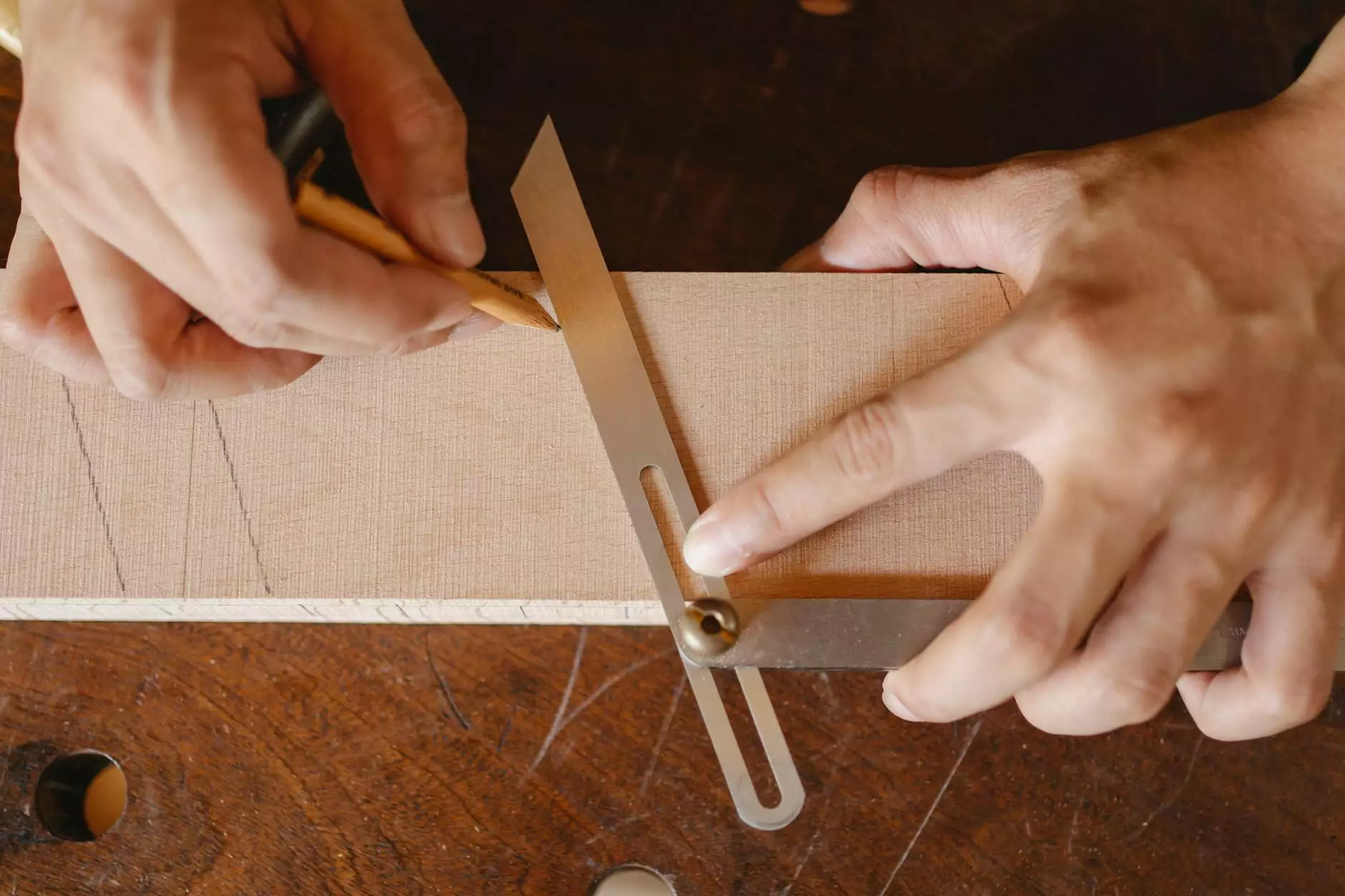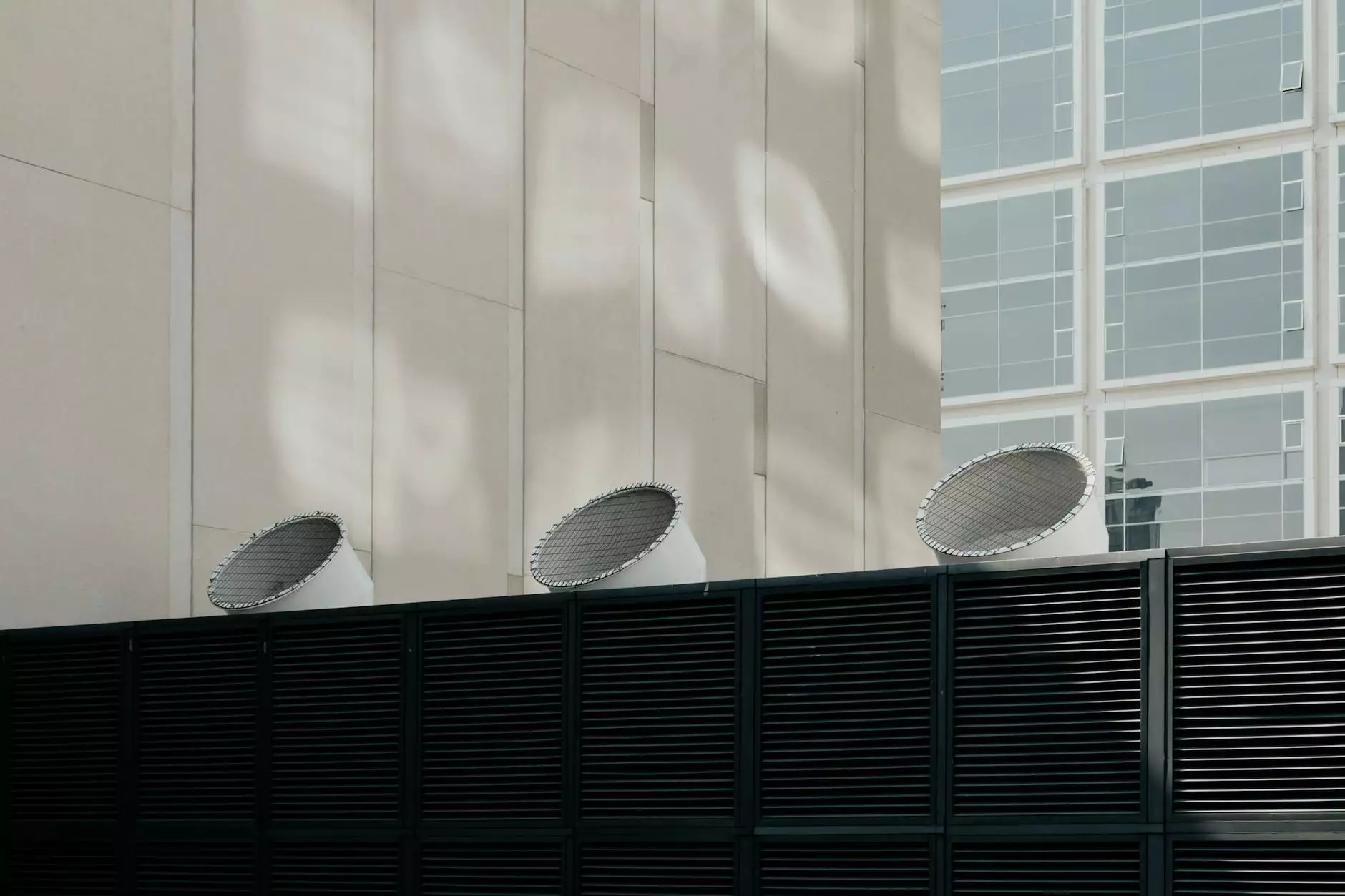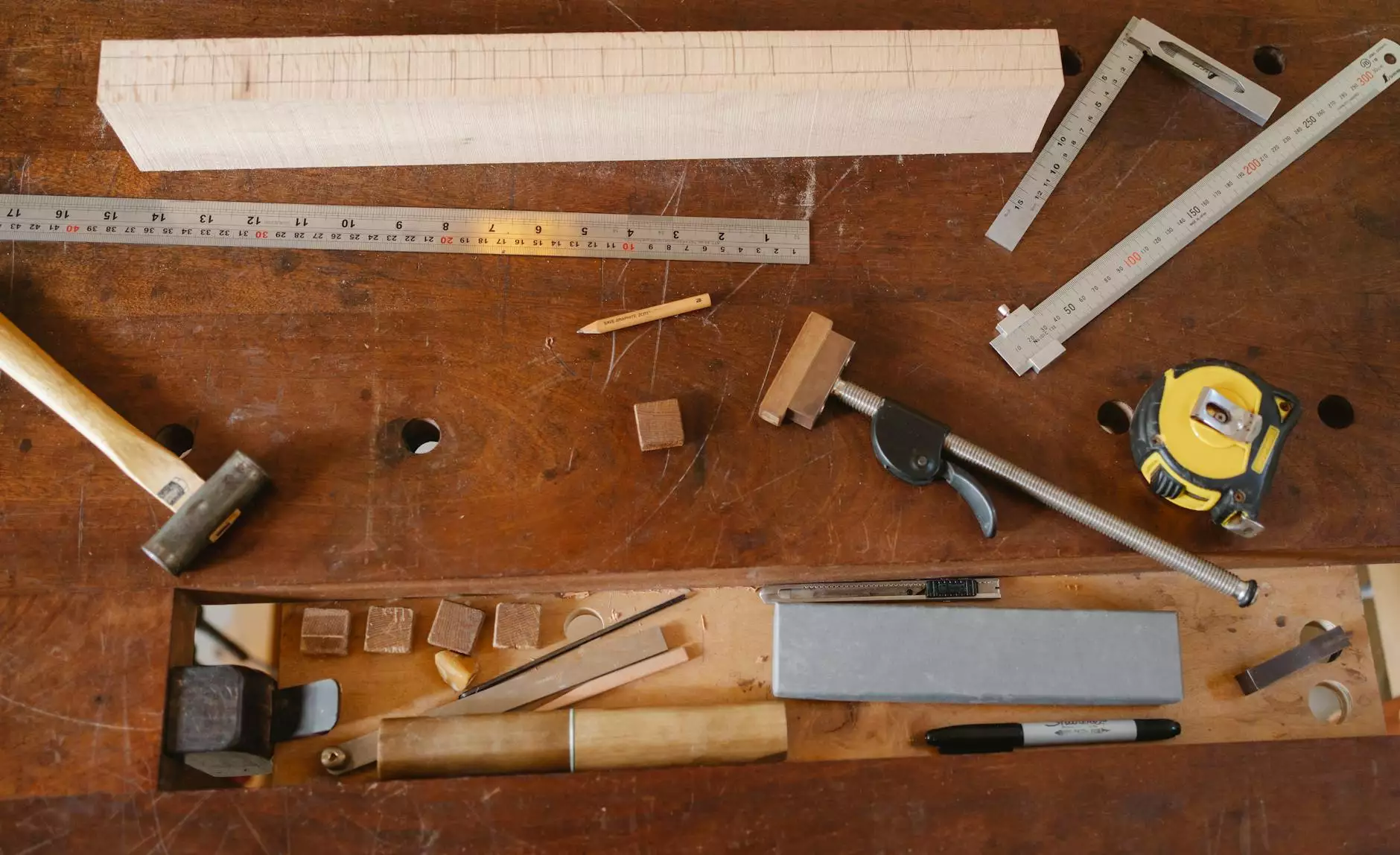What Metal Roof Gauge Do You Need? 22 vs. 24 vs. 26

Introduction
Welcome to Bio-One Atlanta's comprehensive guide on choosing the right metal roof gauge for your project. In this article, we will explore the differences between 22, 24, and 26 gauge metal roof panels, helping you make an informed decision for your roofing needs.
Understanding Metal Roof Gauges
Metal roof gauge refers to the thickness of the metal sheet used to construct a roof panel. Lower gauges indicate thicker metal, while higher gauges represent thinner metal. When it comes to metal roofing, the gauge plays a crucial role in determining the durability, strength, and longevity of your roof.
22 Gauge Metal Roofing
22 gauge metal roofing is one of the thickest options available to homeowners. Its sturdy nature makes it perfect for areas prone to severe weather conditions such as heavy snowfall or hailstorms. The thickness of 22 gauge metal ensures exceptional durability, preventing denting and damage from impacts. It provides excellent structural support and is often used for commercial buildings where superior strength is required.
24 Gauge Metal Roofing
24 gauge metal roofing is a popular choice among homeowners due to its optimal balance between affordability and structural integrity. While slightly thinner than 22 gauge, 24 gauge panels still offer excellent strength and resistance against the elements. It is a versatile option suitable for various residential applications and provides long-lasting performance with proper installation and maintenance.
26 Gauge Metal Roofing
26 gauge metal roofing is the thinnest option among the three gauges discussed. It is commonly utilized for residential roofing projects that do not require heavy-duty protection. Although thinner, 26 gauge panels are still a durable choice when installed and maintained correctly. They offer cost-effective solutions without compromising the overall integrity of the roof.
Factors to Consider
When deciding on the appropriate metal roof gauge for your project, there are several factors you should consider:
Budget
Your budget is an essential consideration in determining the metal roof gauge you need. While thicker gauges provide superior durability, they also come at a higher cost. Consider your available budget and weigh it against your desired level of protection to make an informed decision.
Climate and Weather Conditions
The climate and weather conditions in your area play a significant role in choosing the appropriate metal roof gauge. If you live in a region prone to extreme weather or high impact events, opting for a thicker gauge, such as 22 or 24, is advisable to ensure maximum protection and minimize potential damage.
Building Structure and Design
The structure and design of your building influence the metal roof gauge you should select. Commercial buildings or structures with large spans may benefit from the added strength provided by a heavier gauge, while residential properties with moderate requirements can opt for a lighter gauge for cost savings.
Conclusion
Choosing the right metal roof gauge is crucial to ensure the long-term performance and protection of your property. At Bio-One Atlanta, we understand the significance of making an informed decision. Whether you require 22, 24, or 26 gauge metal roofing, our team of experts is here to help you assess your needs and provide professional advice and installation services.
With our expertise and commitment to quality, you can trust Bio-One Atlanta for all your metal roofing needs. Contact us today to schedule a consultation and let us assist you in selecting the ideal metal roof gauge for your project.










